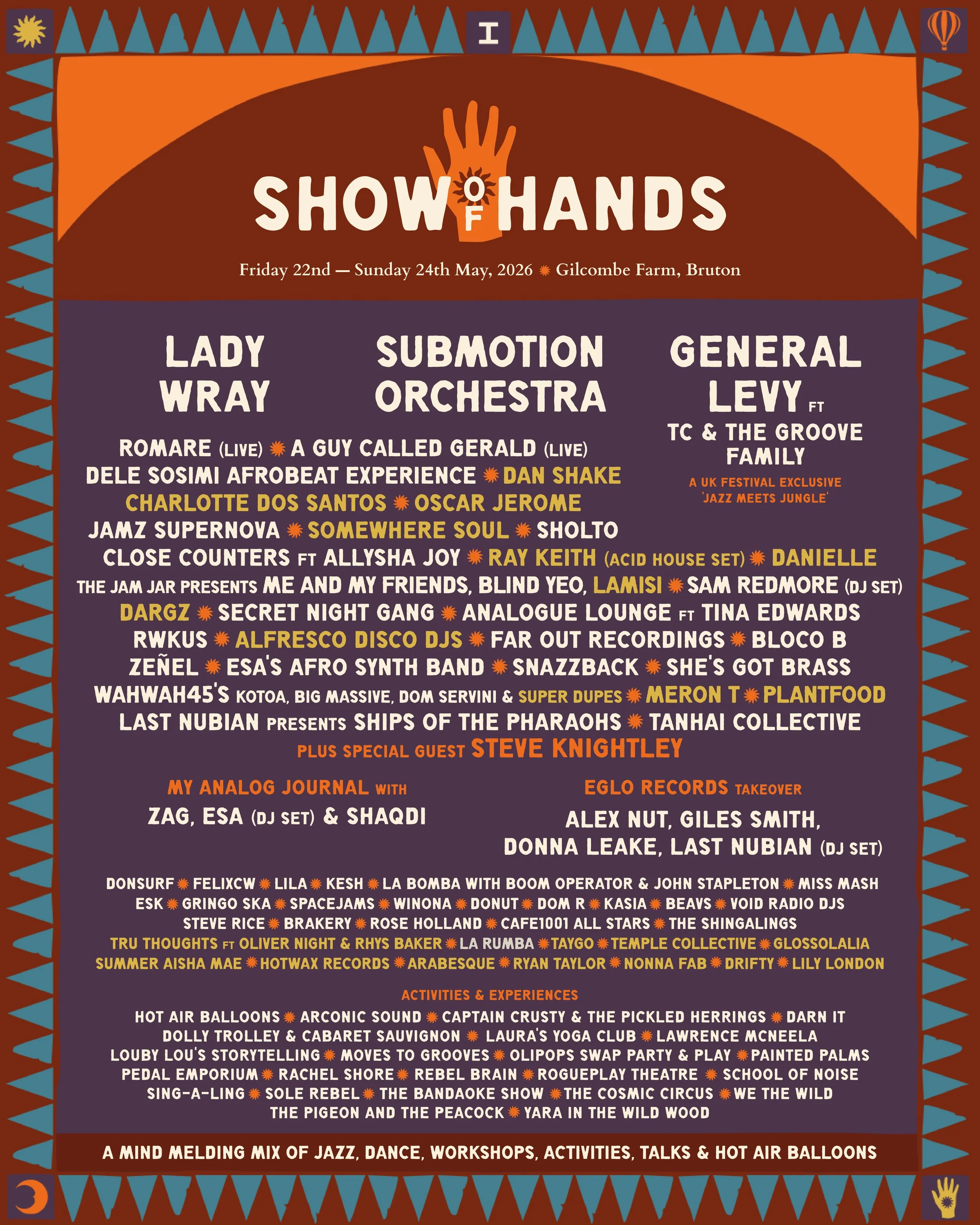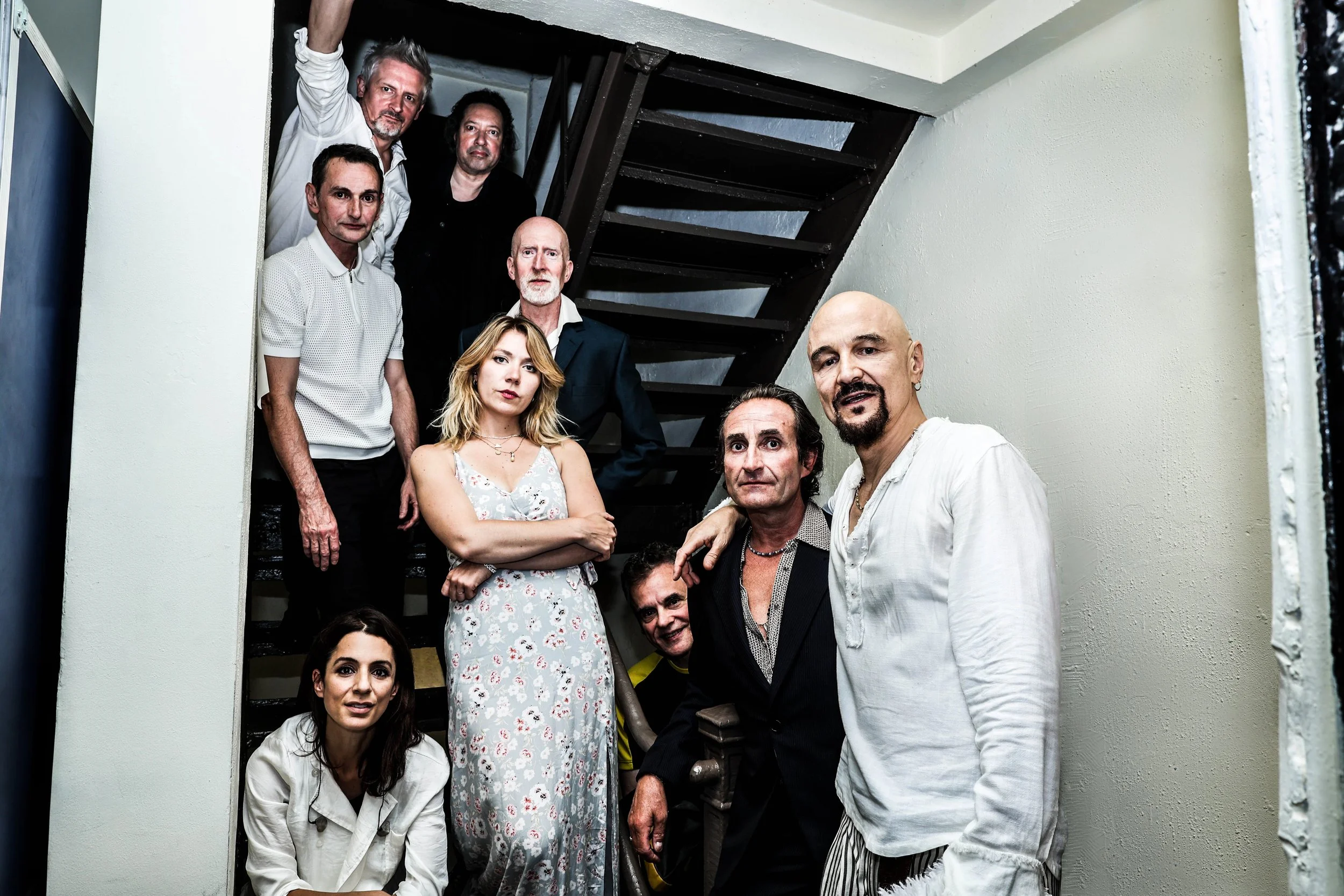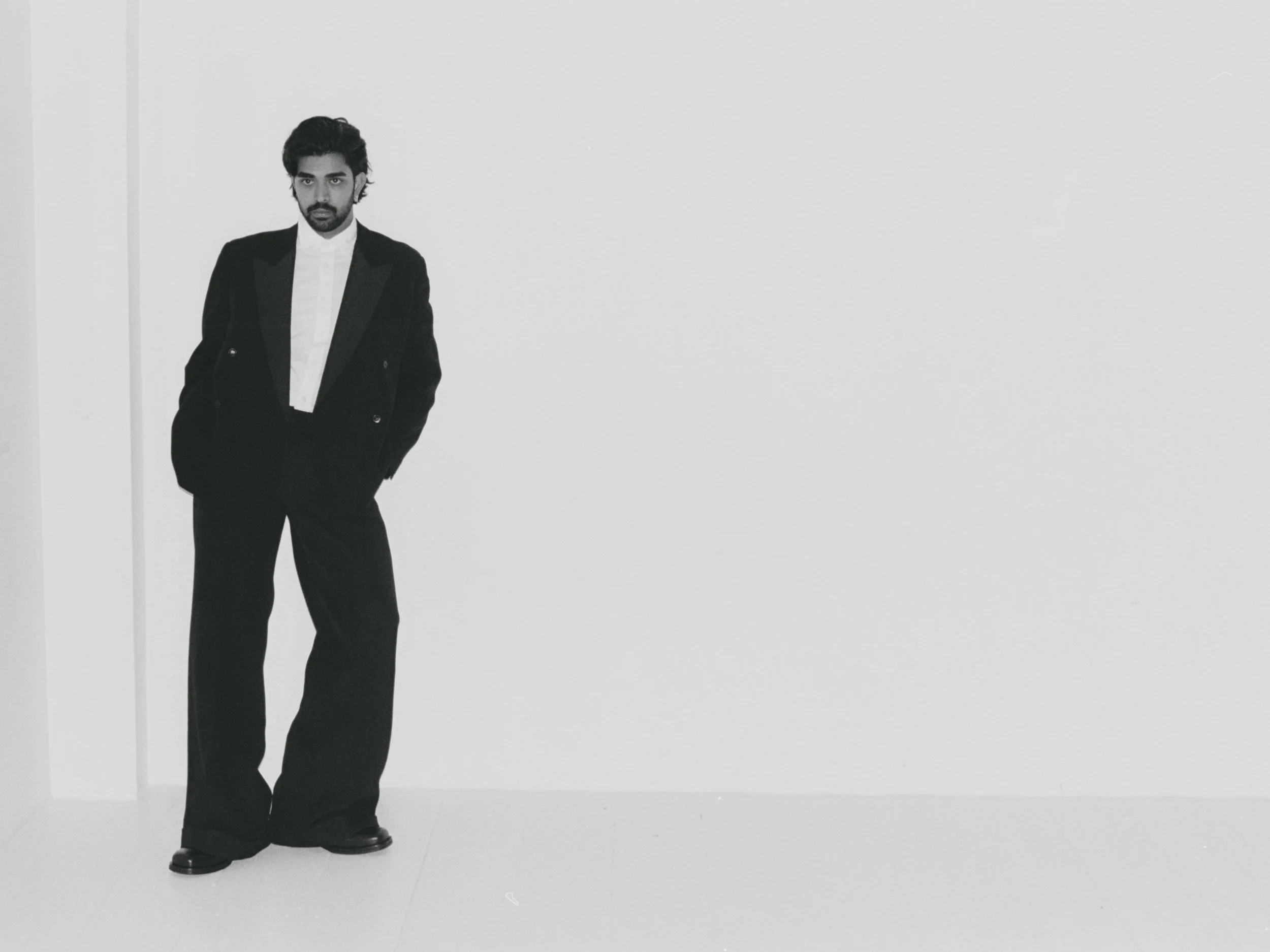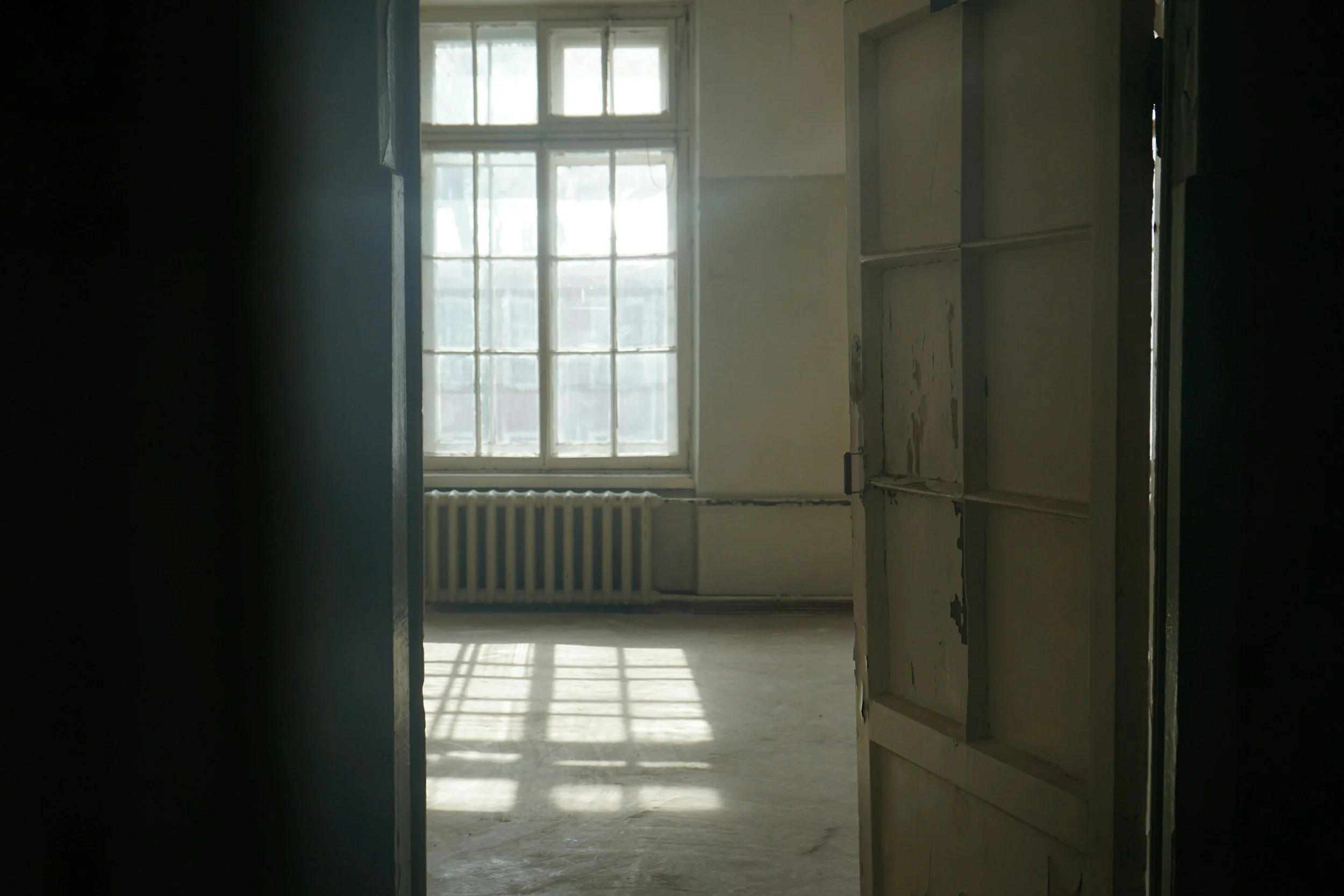Tomorrow Never Knows – What Lies Ahead for the Future of Festivals?
It feels like every summer we are faced with a seeming abundance of festivals, but the reality is, it is harder than ever before to organise a festival. For as new festivals open, a number of older ones close forever.
Photography: Michelle Peet
In 2016, after 12 years of hosting acts such as Mark Ronson, Dizzee Rascal, Basement Jaxx, Example, Tinie Tempah and Professor Green, Brownstock Festival (BSTK) in Essex permanently closed its doors, to the dismay of regular attendees.
The organisers of BSTK said: "After 12 years of incredible music, amazing people and the best memories, it is with heavy hearts that we have made the difficult decision to shut the farm gates and no longer hold BSTK Festival. Due to changes in the industry, we can no longer deliver the event we set out to create and that we feel you deserve.”
It happened seemingly out of the blue. Tickets had already gone on sale for the 2017 festival season (all purchasers were refunded).
Festival organiser Mat Dixon said at the time, “I am gutted. We were always the small festival with the big line-up, but with changes to the industry we could no longer put on the Brownstock we wanted to, and that people wanted to see… We are constantly competing with other festivals around the UK and around the world, and at the end of the day you have to sell enough tickets to get people onto the field.”
So why are festivals – even festivals that pull big names – struggling to get the punters in? Whilst it seems there are more festivals than ever in the UK, this is actually part of the problem. As Dixon observed, more festivals equal more competition within the industry for attendees. Less attendees means less upfront income from ticket sales, and loss of revenue from food, drink and merchandise purchases on site.
Somersault Festival in North Devon started strong in 2014, with headliners Ben Howard and Jack Johnson. Promoted as ‘a five day summer camp of music, adventure and outdoor living in the heart of the South West’, it offered something which was at that time truly unique, with a mash-up of music, wellbeing, crafting, campfire feasts with up and coming chefs, circus shows and even ‘outward bound and seaside trips’ off-site to the coast and Exmoor. This sadly still wasn’t enough to stop the festival disappearing without a trace after 2015.
In May 2024, the BBC wrote that ‘high costs [were] leaving festivals struggling to survive’, with at least 42 independent festivals postponing, cancelling or closing down completely in 2024 alone.
The post-Covid period has been particularly hard for festivals. Whilst social distancing meant many festivals could not go ahead in 2020 and 2021, problems still persist. Houghton Festival in Norfolk had to cancel three years in a row because of factors outside their control, such as Covid and extreme weather.
In May 2024, El Dorado Festival in Herefordshire confirmed that it was shutting down permanently, with organisers blaming, “a dramatic rise in operational costs… compounded by the impact of the increased cost of living on the festival industry and our community”.
Costs are indeed rising across the board, from artists’ fees to insurance costs, and even fuel for generators. This means festivals have to raise their prices or have an even slimmer financial margin to work with. These issues, combined with the cost of living crisis that means even seasoned festival goers may be struggling to purchase their tickets this year, has led to a significant number of festivals going under.
The knock-on effects for festival goers, staff and artists who were due to perform cannot be understated. When festivals are cancelled last minute, whilst festival goers may get their ticket outlay reimbursed, attendees can still lose out financially from associated costs – for example, accommodation, food, other work opportunities, and transportation.
In Las Vegas, the star-studded Lovers and Friends Festival – where headliners included Alicia Keys, Backstreet Boys, Snoop Dogg, Usher and Janet Jackson – was cancelled in May 2024 with less than 24 hours’ notice, due to forecasts of ‘dangerous high winds’.
Janet Jackson posted on Instagram, “We are heartbroken we won’t be able to see you tonight… we know that many of you travelled far and wide to be here”. Brian Littrell of the Backstreet Boys added, “Out of our control about the weather. My wife and I had our costumes ready to go!’
Concerns about last-minute cancellations can lead punters to hold off buying their tickets until the eleventh hour, even with festivals offering early bird pricing to encourage advance purchases.
So, what are festival organisers doing to combat these issues?
In the lead up to this summer’s festival, Chickenstock Festival in Kent published an article pleading with attendees, ‘do not leave it to the last minute to get your tickets… more than ever, we need your support’.
Festivals have also sought to increase footfall and future viability by adding more family-friendly offerings to the mix – from areas catering specifically for children and their families within the festival arena (Young Folk at Black Deer Festival in Kent and Little Dudes’ Den at The Big Feastival in Cotswolds), storytellers, outdoor games and face painters (Chickenstock Festival), to family camping fields (Glastonbury), free fairground rides (Victorious Festival in Portsmouth) and live performances from children’s television stars (CarFest in Hampshire).
Another is offering reduced ticket prices for young people. At Chickenstock Festival, children under 10 are free, and tickets for those aged 10 to 15 are only £10 each for the whole event. At Glastonbury Festival, children aged 12 and under attend for free.
Marketed as ‘the UK’s ultimate family adventure with Bear Grylls’, Gone Wild Festival in Suffolk is as much about their festival mission of ‘families spending time together in the outdoors’ as it is about the music, notwithstanding that their line-up includes festival favourites McFly, Example, Scouting for Girls, Reef and many other well established artists.
Some festivals are much more focused on the family experience than the music – Camp Kindling in Kent is billed as ‘adventure by day, party by night’, with an activity camp during the day, before the more traditional festival vibe at night-time.
Family-friendly festivals appeal to attendees who want to continue attending the festivals they loved in their child-free days, and also introduce their offspring to the festival lifestyle. Who hasn’t seen the Glastonbury 2024 baby, who almost overshadowed headliners Coldplay, Shania Twain and Dua Lipa with their domination of this year’s media coverage?
Photography: Michelle Peet
Making festivals more attractive to a more mature crowd is also a good way to overcome potential lost revenue from a generation who missed going to festivals in their formative years due to Covid restrictions.
Even the festivals that are not child friendly realise the benefit of offering experiences beyond the music – for example, Camp Kindling’s sister festival Camp Wildfire is a summer camp for grown-ups, as much about the activities you can experience as the entertainment acts (ranging from music to magic to comedy).
Some festivals such as Standon Calling in Hertfordshire, Chickenstock Festival, Shrewsbury Folk Festival in Shropshire and Lindisfarne in Northumberland are even dog-friendly, perfect for those reluctant to leave their pets or struggling with the expense of funding a dogsitter.
Organisers are becoming increasingly mindful of inclusivity. Making festivals accessible to the less abled bodied – for instance, with flatter sites, dedicated disabled parking, free carer tickets – opens the gates to more punters, drawing visitors that festivals might otherwise not have reached. When Chickenstock Festival announced that this year’s festival has been relocated to a less steep venue, social media followers commented, ‘Accessibility matters! Nice work!’ and ‘it’s things like this that gets a festival lifelong attendees’.
For those not willing to ‘rough it’ and camp, most festivals now have glamping options, hook up pitches for caravans and motorhomes, or even links to nearby accommodation where you can stay in the luxury of a hotel overnight before returning to the festival site the following morning.
Festival organisers are doing everything they can to reach a wider audience.
As well as offering more on site, festival organisers are doing their best to reach potential attendees, with some employing marketing teams, and others turning to the power of social media – either by regular posting in the hope of being picked up by the Meta algorithms, collaborations with influencers, or paid for advertising.
Festivals have to strike just the right balance between what their original attendees have grown to know and love, with keeping things ‘fresh’ to attract new attendees. If a festival loses its soul, it risks losing it all.
Take Black Deer Festival as a case in point. Despite heavy downpours and unseasonable temperatures, organisers still managed to attract the crowds to this years’ edition of their medium sized, family-friendly festival, with a packed line-up of ‘top tier artists’ combined with popular but less commercially known performers such as Seasick Steve and Twinnie.
However, whilst high profile names Joe Bonamassa and Sheryl Crow attracted new fans (with a particularly high influx of day visitors for these headliners), the audience was divided; some attendees felt that these acts strayed too far from the festival’s Americana roots, commenting, ‘this year had the weakest line up’ and ‘musically not a patch on 2022 and 2023’. Criticism was also levelled at the after-party DJs, who were described as ‘really disappointing’ with a ’shocking music choice… completely unrelated to the theme of the festival’.
This illustrates how festival organisers can try their utmost to deliver a good experience, but still receive complaints. Moreover, it highlights the difficulties festivals face in trying to simultaneously please their original fans and attract new ones.
So, what can we do to help smaller festivals weather the storm? Is there any hope for the underdogs?
As consumers, the best thing we can do is vote with our feet, and keep attending the festivals we love, even if this means making peace with the rising costs of ticket prices and food and drink on site. A fundamental truth applies now more than ever – use it, or lose it.
Photography: Michelle Peet
Written by Michelle Peet
Michelle Peet is a parent, lawyer and aspiring writer.
She founded Cuddly Cactus Books in 2021, and published her first children’s book Molly and Moo last year, following a successful Kickstarter campaign in 2022. As well as writing for children, Michelle enjoys writing short stories and magazine articles. Some of Michelle’s favourite things (besides festivals) are pizza, Las Vegas, and Christmastime.
Opinion



























